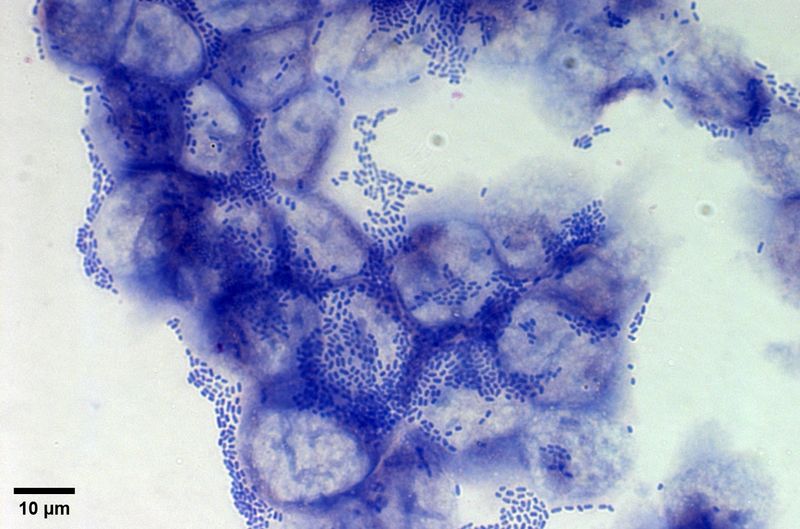Research topics
The group of Helge Karch is focused mainly on the characterization of enterohemorrhagic Escherichia coli (EHEC), which are responsible for a range of human diseases (e.g.: diarrhea, bloody diarrhea, hemolytic uremic syndrome, neurological disease). The mechanisms for formation of intestinal and extra-intestinal lesions are not yet fully understood. A crucial initial step for establishment of intestinal infection is adhesion of the EHEC to intestinal epithelial cells through both receptor-mediated and non-specific processes. Therefore the Karch group is examining the mechanisms of EHEC adhesion to the intestinal mucosa, as well as pathogenic effects of the EHEC virulence factors.
We are especially interested in the biology of virulence factors such as the effect of the heat-stable enterotoxin and the cytolethal distending toxin. The latter belongs to the cyclomoduline family, which interfere with the cell cycle. Additional EHEC-associated determinants that are under investigation are the pore-forming RTX toxins. The best known example of this is the EHEC hemolysin. The role of "toxin cocktails" in EHEC diseases are also studied.
Phenotypic and genotypic characteristics of EHEC strains derived from different environments (human, animals, food) are being continuously identified. We are also working to develop rapid and innovative techniques for the detection of EHEC.
As there is no specific therapy for EHEC infections, we are constructing semi-synthetic receptor molecules (oligosaccharide derivatives) from vegetable raw materials to neutralize EHEC-produced Shiga toxins in the intestine. We are working to determine whether such constructs may be used as prophylactic therapy against EHEC infections in the future.


